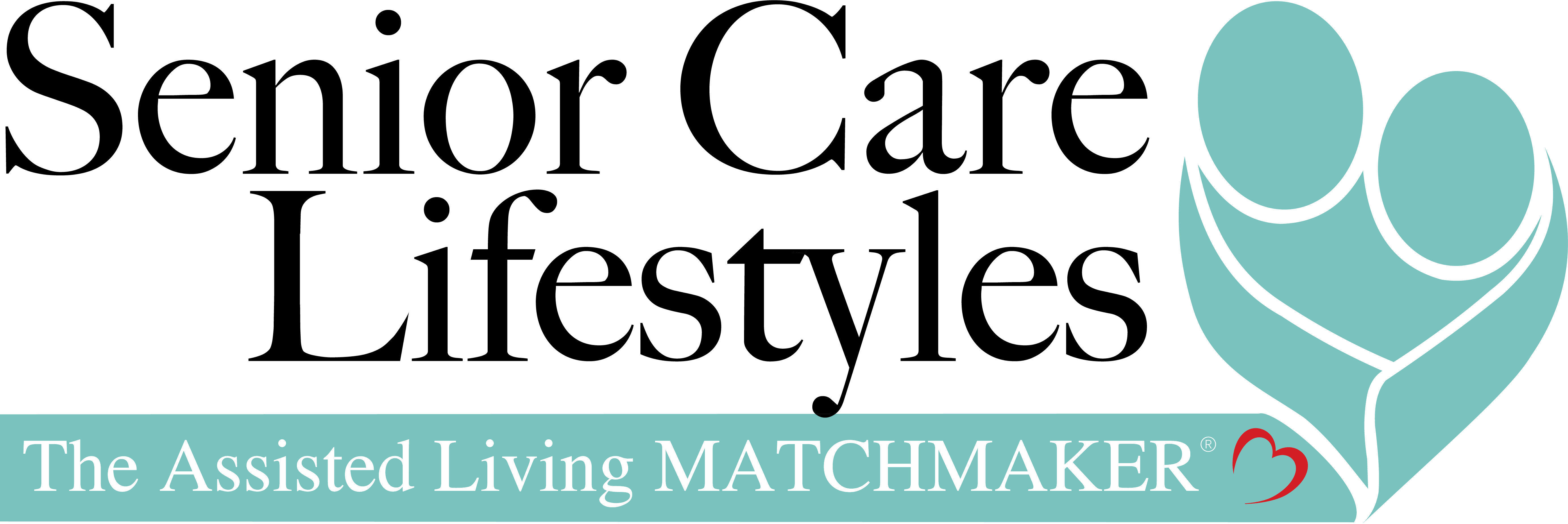- Serving, Baltimore, Harford, Howard, Anne Arundel and other surrounding counties.
- 410-977-3718
Understanding the Signs of Prostate Cancer Everyone Should Know

Get prepared now for September, which is Prostate Cancer Awareness month. Make your doctor’s appointment now, as it takes several weeks. Did you know that prostate cancer is the second most common cancer in American men? Currently, about one in every nine men will be diagnosed with prostate cancer during his lifetime. Older men are at an increased risk of prostate cancer, with approximately six in every ten cases occurring in men 65 or older. By knowing the signs of prostate cancer, you can ensure early diagnosis and the best prognosis possible.
The Signs of Prostate Cancer
- Frequent urination
- Blood present in urine or seminal fluid
- Weak urine flow
- Straining to empty the bladder during urination
- New erectile issues
- Pain or burning during urination
- Pain or discomfort when sitting down
Prostate cancer often has no signs or symptoms until the cancer progresses. If you notice anything out of the ordinary, you should talk to your doctor as quickly as possible. If the cancer progresses to areas surrounding the prostate gland, you could also experience:
- Unexplained weight loss
- Fatigue and exhaustion
- Changes in bowel habits
- Swelling or edema in the feet and legs
- Pain in the thighs, shoulders, hips, back or thighs
How Is Prostate Cancer Typically Discovered?
While there are early signs of prostate cancer, it is most frequently diagnosed during a PSA test or DRE. Prostate cancer screening is part of the annual physical for most men. The PSA and DRE tests can determine if prostate cancer could be present and whether or not additional monitoring and testing are prudent.
Should You Be Screened?
Talk to your doctor about the PSA test for routine prostate cancer screening. It’s important to remember that, in the majority of cases, prostate cancer is a slow-moving cancer. It is completely possible to live a healthy and fulfilling life while having prostate cancer before treatment is necessary. Your doctor can assess the severity of your situation and recommend the best course of action. The most recent recommendations for screening from the US Preventative Services Task Force are:
- If you have a family history, age 40
- If you are African American, age 45
- If you have no family history and are not African American, age 50
Make sure you’re knowledgeable enough to ask your doctor about the difference between a blind biopsy and an MRI-guided biopsy. A blind biopsy often misses what an MRI-guided biopsy can find.
If you have any questions about this, or you need an advocate who is knowledgeable, please contact Myra Katz, a board-certified patient advocate and physician assistant, of Katz Patient Advocate Inc. She can be reached at 410-978-3763, or Myra@katzadvocate.com.




